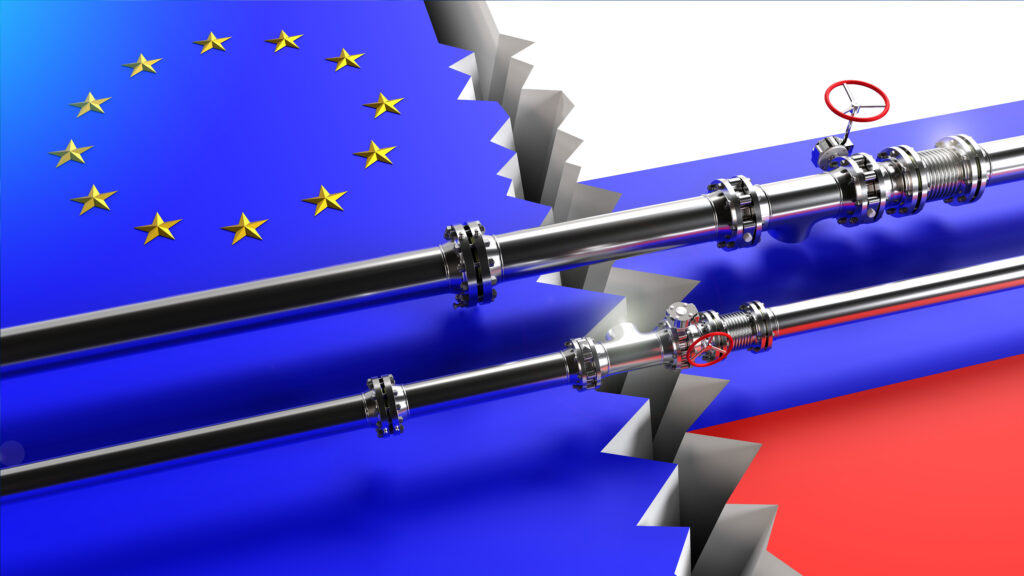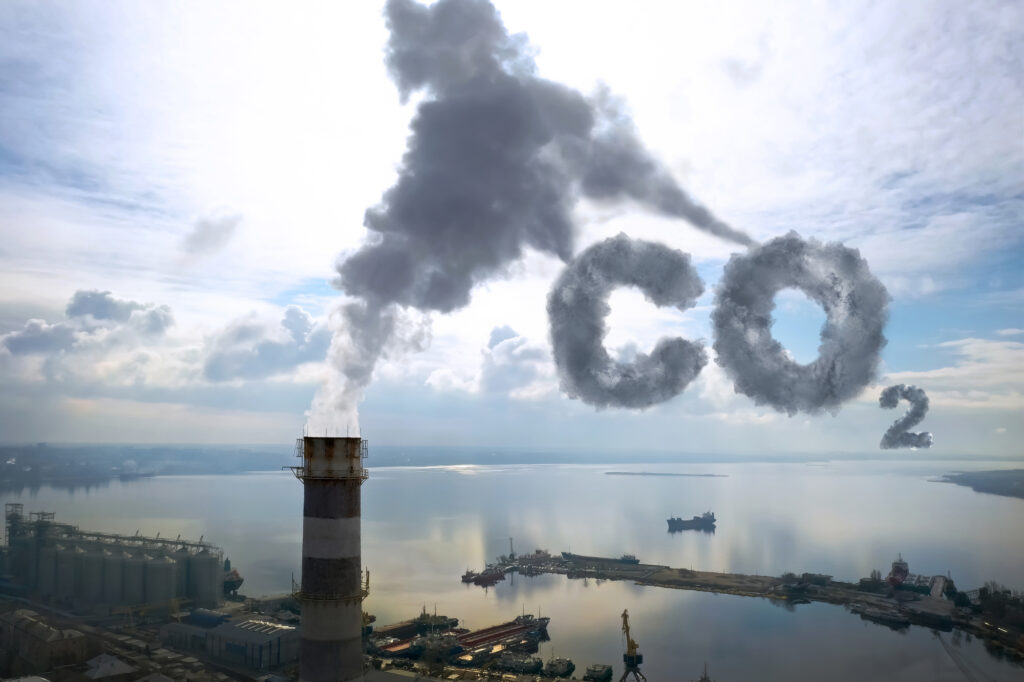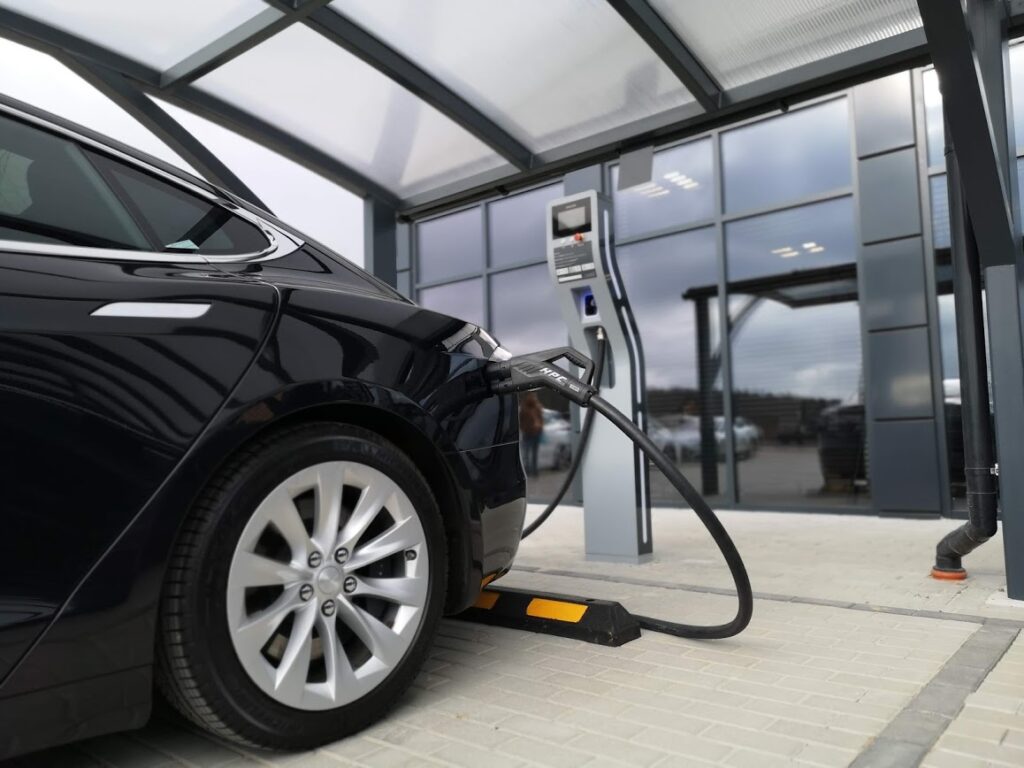Spis treści
The embargo on technology exports works, but not on fuel imports
Due to extra billions of petrodollars, Russia and its army would be doing fine if not for the Western embargo on the export of technology to Russia. Despite the extraordinary profits from selling fuel Russia cannot buy many components necessary to maintain production in its ordnance companies, automotive companies or household appliance factories. Demonstrative attempts made to resume the production of Lada straight from the 90s will not replace the gap left by the suspension of the works of Western European investors. These sanctions really work. Their effects can already be seen in the fuel and energy sector, e.g. decline in oil production in Russia. So why are sanctions on fuel imports counterproductive so far?
The West alone will not deprive Russia of export money
Poland and the rest of Europe acknowledged that they would deprive Russia of its income and lead to its imminent bankruptcy by introducing an embargo on the import of raw materials from Russia. This could work if: a) such an embargo took effect quickly and meant that Russia would be completely cut off from export opportunities, b) there would be sufficiently large free capacities for the extraction, processing and transport of energy resources outside Russia to replace Russian exports rapidly. In the end, even the single point a) would be sufficient, although the rest of the world would simply incur very high costs of cutting off Russia.
Unfortunately, none of these conditions have been met. To make matters worse, due to the pandemic and the decline in demand for raw materials, the extraction capacity outside Russia has shrunk, and the demand for fossil fuels – along with the recovery of global economy – has returned to its old growth path. As a result, the prices of energy resources were already rising before the war, and Russia’s attack on Ukraine and the announcement of Europe cutting off from supplies from this country only pushed them to sky-high levels. So, what did we get?
The world is still buying fuel from Russia, but much more expensive
Europe, having no way to quickly resign from oil, gas and coal supplies from Russia, buys them today at much higher prices than before the war. Does Russia feel it? No, because raw material prices are much higher than before, and their exports have only partially fallen. Will cutting off imports from Russia completely change anything? Tankers that previously transported oil and LNG to Europe, just like bulk carriers transporting coal, now go to India, China, Turkey and Japan. In the Atlantic, they simply pass ships from the US and the Persian Gulf, which previously supplied Asia and now sail to Europe.
All this raises costs and contributes to the greater oil consumption, but it does not have a great impact on Russia, because the export blockade is not and – unfortunately, probably will never be – tight. The blockade may only partially limit Russian natural gas exports, because the LNG ports and the gas pipeline with China are not enough to export all of the blue fuel supplied to Europe so far. With the export of coal and, above all, oil, Putin has no problem. What will be the result of this partial lockdown, then?
The rationing may also affect coal as due to logistic bottlenecks, Europe may have a problem with importing it in a situation where we significantly reduce the production of electricity and heat from gas.
Without a fall in demand, cutting off supply is only raising prices
Russia is responsible for global production: 17% of natural gas, 18% of hard coal, 13% of oil and 11% of petroleum products (including finished fuels such as petrol or LPG). What happens if we keep burning these fuels, but we try to cut off such a large share of supplies? The prices of these raw materials will skyrocket, which is what we are observing right now. They will eventually reach such a level that some of those willing to burn them will simply drop out for economic reasons. They will not be able to outbid other bidders and, for example, they will turn down the heating, give up flights, reduce production or go bankrupt. In this way, the demand will adjust to the reduced supply.
What will happen if wholesale prices increase, but governments will subsidize their sale to recipients, e.g. by lowering fuel taxes or freezing tariffs and paying the difference to sellers? Consumption will not change, wholesale prices will be even higher, because demand will still exceed supply, until eventually the raw material runs out and has to be rationed. This is exactly what happened during communism – recipients could count on low prices of goods, but there was a shortage of goods.
Freezing retail prices favours Russia
That is why with every promise made by a European politician to “freeze” fuel and energy prices or lower taxes on them, somewhere in the Kremlin a champagne cork pops (Russian champagne, of course, in line with the strategy of replacing imported goods).
Every zloty spent on such a freezing of energy and fuel bills is a zloty spent to maintain demand for raw materials from Russia despite their high wholesale prices. As a result, this zloty will go to bank accounts in Moscow anyway. It does not matter that it will not come directly from Poland, but from China or Japan. The only thing that matters is that without a fall in demand, fuel prices will not fall quickly.
Demand will limit the market or brownouts
If Europe actually cuts off gas supplies from Russia (or Russia itself does it), and it has no way to replace them this winter, then a) the prices of this fuel will increase to such a level that consumers will start to reduce their consumption and the demand will fall to the level of supply or b) wholesale prices for this fuel will increase, but politicians will subsidize its retail prices and the demand will not fall sufficiently. As a result, gas will start to run out in January or February and its supplies will have to be limited by brownouts.
This, in turn, may lead to difficulties with the production of electricity and heat, and as a consequence, it will also result in the introduction of brownouts and limitation of heat supplies.
If the market, through the increase in retail prices, decides who will drop out of the bidding for the purchase of fuel, the consumption will be reduced first by the least efficient heavy industry. Margins on production and contribution to the country’s GDP are small, but energy consumption is significant. If there are administrative restrictions, politicians will certainly protect the least efficient branches of the economy, reducing GDP much more, because effective branches of production will also suffer from rationing.
Freezing electricity prices will lead to brownouts
The increase in retail electricity and heat prices can also help us get through this crisis without brownouts or area power outages. High prices will be a strong incentive to save, which cannot be replaced by any appeals or information campaigns (which, by the way, the Polish government is not running either).
However, if the economic stimulus is skewed by the decisions of politicians, it will be the simplest scenario for a return to candles at the tables. There is a lack of fuel coal on the market and it seems that we will not be able to fill these deficiencies by the end of the year. The policy of state-owned mines, i.e. the sale of coal for PLN 1,000/t, only deepens this crisis, because it limits the import of raw material (some customers are still waiting for cheap coal from the PGG store, although they will never get it). In addition, it does not favour the reduction of its consumption, e.g. through more efficient combustion or lowering the temperature at home. What is more, it encourages people who have managed to buy coal to stock up beyond their needs, further limiting access to this fuel by others.
In the case of “freezing” electricity prices, some recipients, who have not been able to buy coal or have too little of it, will start to heat their places with electricity, because it will be comparable. Coal consumption for such heating will be twice as high (because old power plants have an efficiency of approx. 35%), and even today coal reserves at power plants are small. As long as the local distribution networks can withstand it, through such a method of heating, we can cause an increase in power demand, which will not be able to be covered by national power plants. Will importing energy from our neighbours help us then? Poland does not want to introduce European principles of solidarity in gas, which raises the risk that our neighbours will not want such solidarity in electricity and will find a way to limit supplies to Poland (just as we are limiting electricity exports to them today, reporting unavailability of our power plants due to lack of coal).
Support beyond energy bills
What should the government do in the face of a drop in fuel supply from Russia? Support families who will find it difficult to provide themselves with basic heating and energy. Not, however, by lowering retail prices, but by social benefits.
Such a mechanism has been present in Poland for years and is called the “energy supplement”. So far, it was only supposed to compensate for high electricity prices, but it is enough to increase it plus, perhaps, a slight change in the criteria for granting it, so that within a month – without further costs of creating and operating a new system – it will start to be paid out. With cash in hand (or food vouchers), beneficiaries of this aid will still have a chance to save by reducing energy consumption. How this money is used will be up to them.
In addition to supporting energy-poor households, the government should also seriously and reliably consider supporting selected industries. The aid should be provided beyond energy prices, so as not to reduce the incentive to improve energy efficiency or even save energy. A EUR 5 billion aid package for industry has recently been prepared by the German government. The European Commission approved it three weeks ago.












